The Ultimate Guide to Hiring a Reliable Commercial Electrician
Introduction
- The essential qualifications and certifications required
- The skills and expertise that set apart the best in the field
- How to evaluate an electrician's experience and past project successes
- The significance of formal training programs and apprenticeships
- Strategic questions to ask during the hiring process
- Finding reputable candidates through research and referrals
- The interplay between cost considerations and quality of work
- The importance of compliance with safety standards and electrical codes
1. Qualifications and Certifications
When hiring a commercial electrician, it's important to check their qualifications and certifications. This ensures that they meet industry standards and are capable of handling complex commercial electrical systems safely. In Washington, all electricians must have L&I certificates. These certificates are mandatory and cannot be negotiated.
You can visit the official L&I website for more detailed information on certification requirements.
Certification Levels
Commercial electricians in Washington have two main certification levels:
- General Journey-Level Electrician: This certification is for electricians who work on various electrical installations, including those in commercial settings.
- Specialty Electricians: These professionals specialize in specific areas of the electrical field.
Specialty Categories
Some examples of specialty categories include:
- Residential wiring
- Commercial lighting maintenance
- Sign installation
- Pump and irrigation systems
These specialties allow electricians to develop expertise in specific areas of the electrical industry. This can be especially useful when dealing with unique or complicated problems in a commercial setting.
Licenses and Permits
In addition to the required L&I certificate, a dependable commercial electrician should also have:
Electrical Contractor License: This license allows them to operate their own business and hire other electricians.
Permits for Specific Projects: Certain jobs may require additional permits to ensure compliance with local regulations.
By making sure your commercial electrician has the appropriate certification level, specialized knowledge (if necessary), and necessary licenses or permits, you are laying the groundwork for high-quality electrical work that prioritizes safety.
2. Essential Skills and Expertise
When choosing a commercial electrician, it's not just about the certifications and qualifications. The professional should also have a strong understanding of various types of electrical systems.
When choosing a commercial electrician, it's not just about the certifications and qualifications. The professional should also have a strong understanding of various types of electrical systems.
Knowledge on Three-Phase Power Systems
- These systems are commonly used in commercial settings due to their efficiency and power density, so your chosen electrician needs to be comfortable handling them.
- They should be capable of installing, troubleshooting, and maintaining these systems effectively.
Familiarity with Low Voltage Systems
- These include data networks, security systems, and fire alarm setups which are integral parts of modern commercial buildings.
- A deep understanding of these low voltage systems helps ensure seamless integration with the building's electrical infrastructure.
Ability to Adapt to New Technologies
- Commercial environments evolve rapidly, with new equipment or protocols regularly introduced.
- Hence, continuous learning is a valuable trait in a commercial electrician.
In summary, a well-rounded skill set equips a commercial electrician to perform their role effectively, assuring you that your project is in capable hands. This expertise is what separates true professionals from those who only have theoretical knowledge.
3. Evaluating Experience and Track Record
When choosing a commercial electrician, it's important to look beyond just the number of years they've been in business. Their experience is a reflection of their ability to handle the unique challenges that come with commercial projects. To make sure you hire an electrician with a proven track record, here are some steps you can take:
Strategies for Assessing Experience
- Review Past Projects: Ask the electrician for examples or case studies of similar projects they've completed in the past. This will give you an idea of their expertise and whether they're familiar with the specific requirements of your job.
- Check References: Reach out to previous clients and ask about their experience working with the electrician. Did they deliver on time? Were there any issues during the project? Getting feedback from others who have worked with them can provide valuable insights.
- Evaluate Problem-Solving Skills: Find out how the electrician has handled challenges in previous jobs. Were they able to find creative solutions? This will give you an indication of their ability to adapt and troubleshoot when unexpected issues arise.
The Value of Industry Experience
Having experience in the commercial electrical industry goes beyond just knowing the technical aspects of the job. It brings additional benefits such as:
- Familiarity with Diverse Electrical Systems: Commercial buildings often have complex electrical systems that require specialized knowledge. An experienced electrician will be familiar with different setups and know how to work with them effectively.
- Proactive Issue Prevention: Through years of working on various projects, seasoned electricians develop an intuition for potential problems. They can identify red flags early on and take preventive measures to avoid costly delays or accidents.
- Proven Methods for Efficiency and Safety: Experience teaches valuable lessons on what works best in terms of efficiency and safety. An electrician who has been in the industry for a while is likely to have refined their processes based on past successes and failures.
The Significance of Reputation
In any service-based industry, reputation plays a crucial role in determining the quality of work you can expect. A commercial electrician with a strong reputation has likely earned it through:
- Consistent Reliability: They show up on time, communicate effectively, and deliver what they promise.
- High Customer Satisfaction: Their past clients speak highly of their workmanship, professionalism, and overall experience.
- Track Record of Successful Projects: They have a history of completing projects on schedule and within budget, meeting or exceeding client expectations.
When evaluating potential candidates for your commercial electrical project, make sure to give significant weight to their experience and reputation. It could be the deciding factor between a satisfactory job and one that exceeds your expectations.
4. Training Programs and Apprenticeships
Aspiring commercial electricians have various training programs at their disposal, with the Commercial Electrician Apprenticeship program at Hillsborough Community College standing out as a stellar example. This program is meticulously designed to fuse theoretical knowledge with practical skills, setting a solid foundation for a career in commercial electricity.
Key Aspects of the Apprenticeship Program:
- Hillsborough Community College: Provides an immersive learning environment where students engage in rigorous classroom instruction.
- Commercial Electrician Apprenticeship Program: A combination of 720 classroom hours and a substantial 8000 on-the-job hours over four years ensures apprentices receive comprehensive training.
- Dual Training Approach: Participants benefit from hands-on experience under the guidance of seasoned professionals while also delving into theoretical concepts during class sessions.
The synergy between classroom instruction and real-world application is invaluable. Apprentices not only learn about electrical theory and the intricacies of commercial electrical systems but also gain firsthand experience in troubleshooting, installation, and maintenance. This dual learning approach cultivates adept electricians who are well-prepared to tackle the challenges of the commercial electrical industry with both knowledge and confidence.
By aligning themselves with such accredited programs, apprentices pave their way toward becoming proficient commercial electricians, equipped with the expertise necessary to excel in this demanding field.
5. Hiring Process: Questions to Ask
During your search for a reliable commercial electrician, the interview stage is an important step. This is where you can directly evaluate potential candidates and their professional abilities. To help you in this process, we've put together a list of key questions that will assist you in assessing a candidate's qualifications and professionalism.
1. What certifications and licenses do you hold?
This question will verify if the candidate has all the necessary qualifications, including L&I certificates for Washington-based electricians.
2. In which areas of electrical work do you specialize?
The answer will provide insight into whether their specialty aligns with your project requirements.
3. Can you provide examples of previous commercial projects you've worked on?
This question gives you an understanding of their experience with similar projects.
4. How do you approach safety in your work?
Safety should always be a top priority in electrical work, so it's crucial to understand their approach.
5. What is your experience with three-phase power and low voltage setups?
Their response will determine their knowledge about different types of electrical systems.
6. How do you stay updated on industry standards and regulations like the NEC?
This question assesses their commitment to ongoing education and staying current in the field.
Remember, these questions are only a starting point. Feel free to expand upon these or tailor them according to your specific needs or project requirements when interviewing potential commercial electricians.
6. Finding a Reliable Commercial Electrician
Finding a reliable commercial electrician can be overwhelming, but it's crucial for the safety and durability of your electrical systems. Here are some steps to help you find the right professional:
1. Do Your Research: Start by finding potential candidates in your area who specialize in commercial electrical work. Look at their websites or online profiles to learn about their qualifications, certifications, and services.
2. Ask for Recommendations: Getting recommendations from trusted business associates or friends can be extremely helpful. They can give you firsthand information about the electrician's punctuality, professionalism, and quality of work.
3. Use Online Platforms: There are many websites where customers can leave reviews and ratings for commercial electricians. Platforms like Yelp, Google Reviews, and Angie’s List allow you to get an idea of a potential candidate's reputation based on feedback from previous clients.
4. Read Testimonials: Many professionals include testimonials on their websites from satisfied customers. While these testimonials are usually positive, they can still give you insight into the electrician's customer service and work ethic.
A reliable commercial electrician should consistently provide high-quality services over time. By doing thorough research, seeking referrals, utilizing online resources, and reading testimonials, you can effectively evaluate potential candidates and make an informed decision.
7. Balancing Cost and Quality
When looking for a commercial electrician, it's tempting to prioritize budget over everything else. But it's crucial not to overlook the importance of quality and safety. Electrical work is complicated and requires expertise. Choosing a cheaper option may result in subpar work that compromises safety and leads to more expenses in the future for repairs or even accidents.
Here are some strategies to help you find the right balance between cost and quality when hiring a commercial electrician:
1. Request Detailed Quotes
Before making a decision, ask several electricians for itemized quotes. This will give you a clear breakdown of the costs involved and allow you to compare services directly.
2. Evaluate Scope vs. Expense
Consider what the quoted price includes. Does it cover materials, labor, and after-service warranties? Understanding this will help you assess whether you're getting value for your money.
3. View Quality as an Investment
Keep in mind that investing in high-quality electrical work is an investment in your property's future. Reliable electrical systems require less maintenance and experience fewer problems, which can save you money in the long run.
4. Check Credentials
Make sure the electrician you're considering has all the necessary certifications and meets regulatory requirements. This is crucial for both safety and legal reasons.
By getting multiple estimates, you can negotiate rates while still prioritizing the qualifications and reputation of potential commercial electricians. It's important to remember that when it comes to electrical services, taking shortcuts can have serious consequences beyond just financial ones – it could also put lives and property at risk.
8. Ensuring Safety and Compliance
When you hire a commercial electrician, the stakes are high as their work directly influences the safety of everyone who uses the building. Electrical work that is not up to code can lead to serious hazards, including electrical fires and equipment failures. Therefore, a commercial electrician's role in ensuring adherence to safety standards cannot be overstated.
Importance of Safety and Compliance
Both safety and compliance play crucial roles in commercial electrical work:
- Safety: Every commercial electrician must prioritize the well-being of building occupants. This encompasses proper installation, regular maintenance, and immediate repair of any electrical issues that could compromise safety.
- Compliance: Adherence to local, state, and national codes is a non-negotiable aspect of commercial electrical work. Electricians must be familiar with the codes specific to the areas they service.
Reputable professionals are vigilant about staying current with regulations and industry standards. The National Electrical Code (NEC) serves as the benchmark for safe electrical design, installation, and inspection. It is essential for electricians to integrate NEC guidelines into their practices to ensure a secure electrical environment.
The Benefits of Prioritizing Safety and Compliance
By demanding both safety and compliance from your commercial electrician, you contribute to maintaining a secure operation that meets all regulatory requirements, thus protecting your investment from potential legal complications or costly repairs down the line.
Conclusion
Choosing the right professional for your electrical needs is a process that requires careful consideration and research. It's not just about finding an electrician; it's about hiring a reliable commercial electrician who can guarantee safety, quality work, and compliance with regulations.
When it comes to electrical work in non-residential buildings, don't compromise. Prioritize hiring professionals who have the appropriate qualifications and certifications. Remember, a valid L&I certificate is essential in Washington.
Look into their skill set and expertise. A deep understanding of various types of electrical systems, especially three-phase power and low voltage setups, is fundamental. Don't shy away from asking about their experience and track record either. Past projects can provide valuable insights into their capabilities.
Training matters too! If they've pursued reputable training programs or apprenticeships, like the Commercial Electrician Apprenticeship program at Hillsborough Community College, it's a solid indicator of their commitment to this trade.
Make informed decisions when balancing cost and quality. While budget considerations are important, remember that high-quality work pays off in the long run by avoiding costly repairs or safety hazards.
And lastly, ensure they're up-to-date with industry standards including the National Electrical Code (NEC). This will ensure both safety and adherence to regulatory norms in your projects.
Keep these pointers in mind as you navigate through the process of hiring a commercial electrician. Your diligence today will pave the way for safer and more efficient electrical solutions tomorrow.
FAQs (Frequently Asked Questions)
What qualifications and certifications should a commercial electrician have?
A commercial electrician should possess specific qualifications and certifications, such as an L&I certificate in Washington. These certificates demonstrate that the electrician has met the necessary requirements to perform electrical work in a commercial setting. Additionally, there are different certification levels and potential specialty categories that you might encounter when hiring a commercial electrician. It's also important to ensure that they hold other relevant licenses or permits, such as electrical contractor licenses.
What essential skills and expertise should a commercial electrician have?
A commercial electrician should be knowledgeable about various types of electrical systems, including three-phase power and low voltage setups. Having expertise in these areas is crucial for effectively handling the electrical needs of commercial businesses and non-residential projects.
How can one evaluate the experience and track record of a potential commercial electrician?
When evaluating a potential commercial electrician, it's important to consider their hands-on experience in the field of commercial electrical work. Assessing their track record of successful projects and their reputation within the industry can provide valuable insights into their capabilities. Industry experience plays a significant role in developing problem-solving skills and the ability to handle complex electrical installations or repairs.
Are there any reputable training programs or apprenticeships for aspiring commercial electricians?
Aspiring commercial electricians can pursue reputable training programs or apprenticeships, such as the Commercial Electrician Apprenticeship program at Hillsborough Community College. These programs typically offer a combination of classroom instruction and on-the-job hours, providing a comprehensive foundation for individuals entering this trade.
What are some important questions to ask when interviewing potential commercial electricians?
During the interview stage, it's crucial to ask questions that gauge a candidate's qualifications and professionalism. This may include inquiries about their specific experience with commercial electrical work, their approach to problem-solving, and their knowledge of relevant codes and regulations.
How can one find a reliable commercial electrician?
Finding reputable and reliable commercial electricians involves thorough research, seeking referrals from trusted sources, and utilizing online resources such as reviews and testimonials. By employing these strategies, individuals can increase the likelihood of hiring a dependable professional for their projects.
How should one balance cost considerations when hiring a commercial electrician?
When hiring a commercial electrician, it's important to prioritize quality and safety over price alone. Obtaining detailed quotes or estimates from multiple candidates can help make a more informed decision regarding cost while ensuring that the chosen professional meets necessary standards of expertise and reliability.
What is the role of a commercial electrician in ensuring safety and compliance?
Commercial electricians play a critical role in ensuring both the safety of building occupants and adherence to electrical codes and regulations. Reputable professionals should stay updated on industry standards, such as the National Electrical Code (NEC), to guarantee that their work meets required safety and compliance measures.
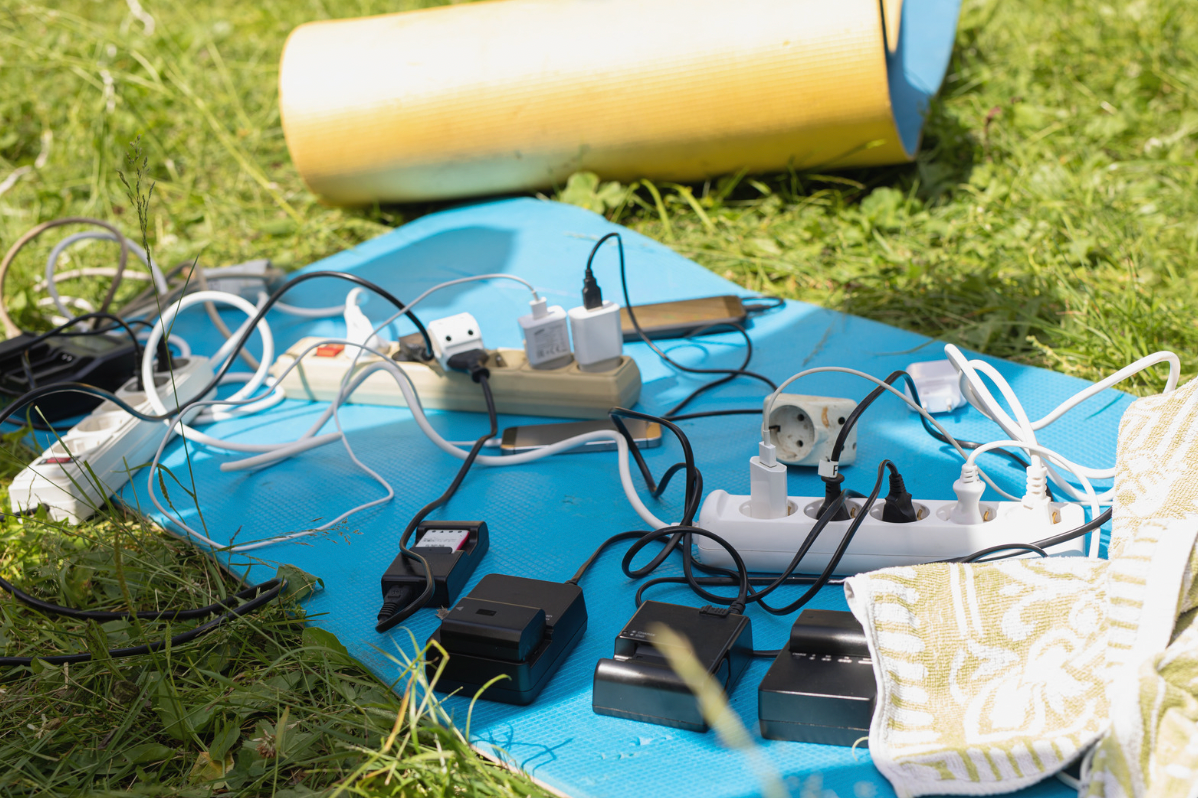
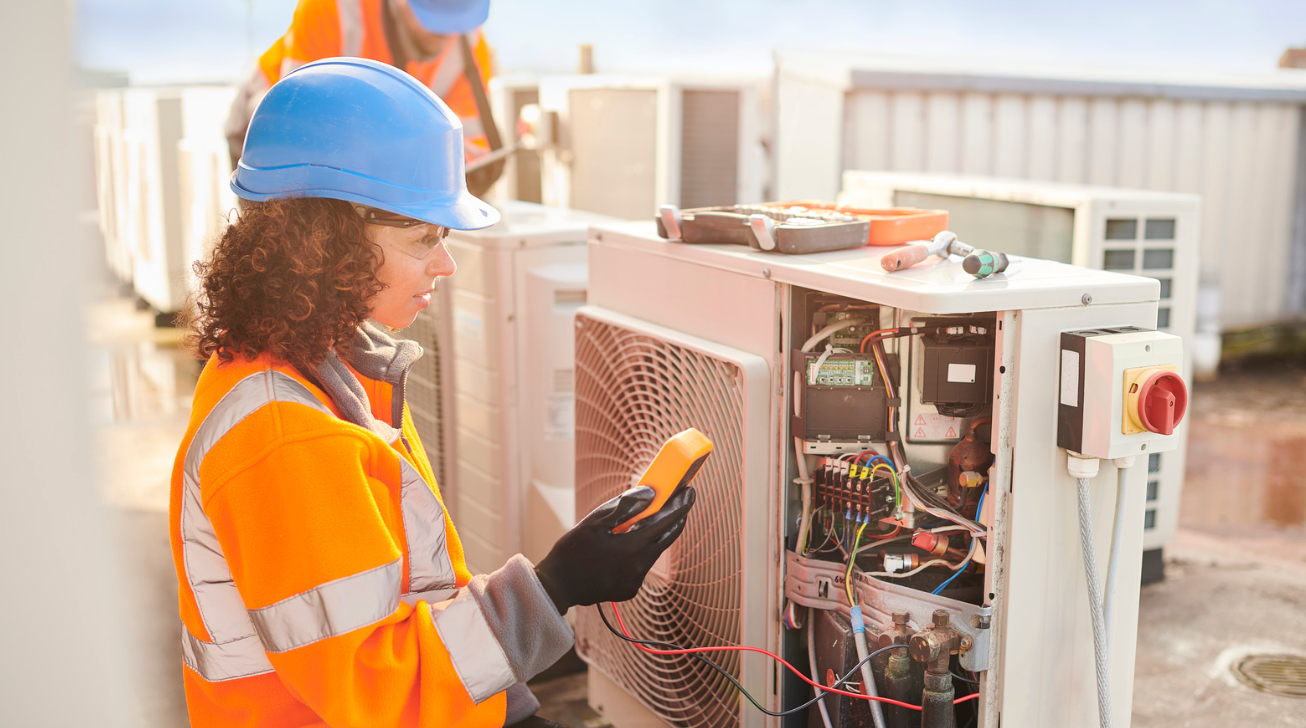
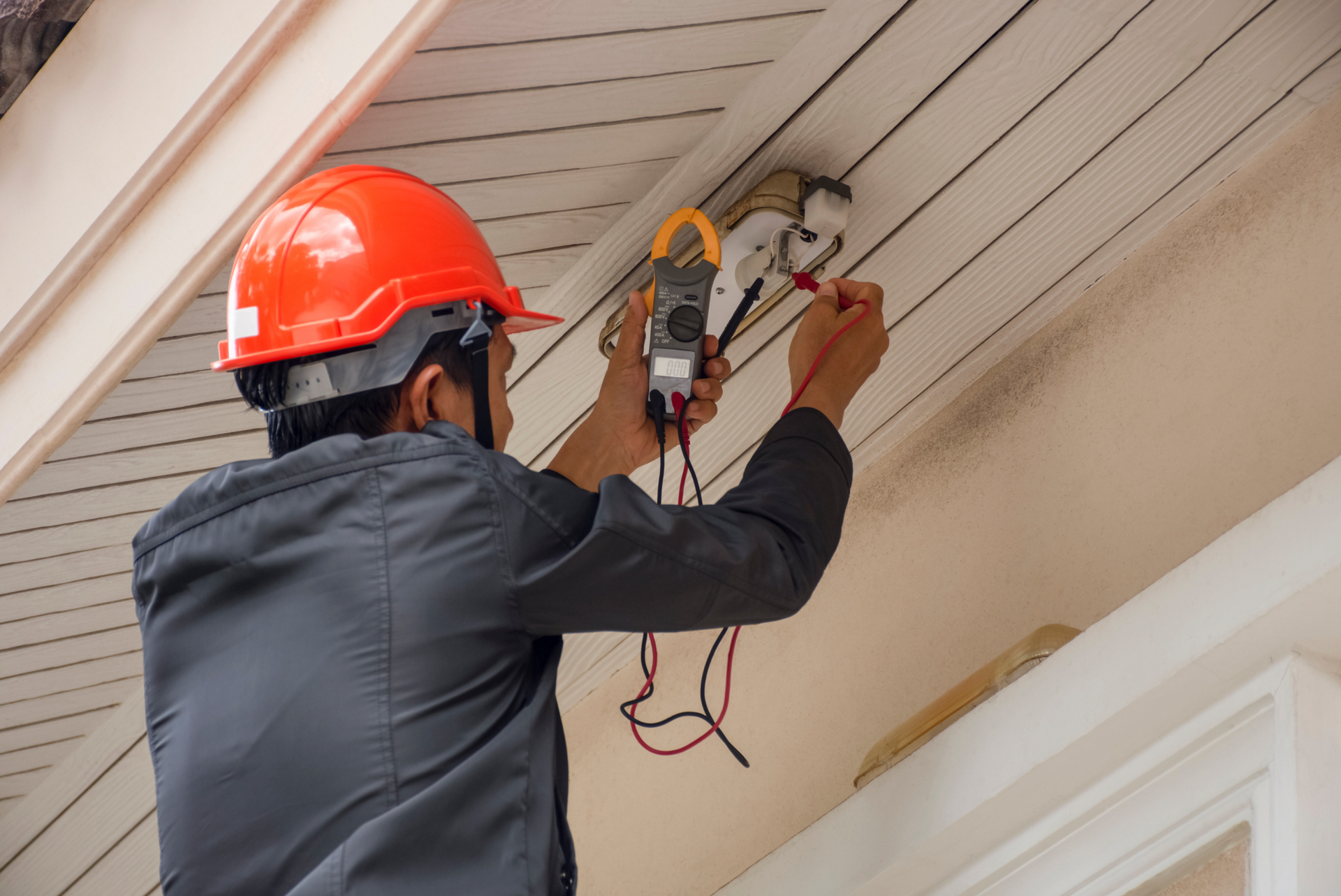
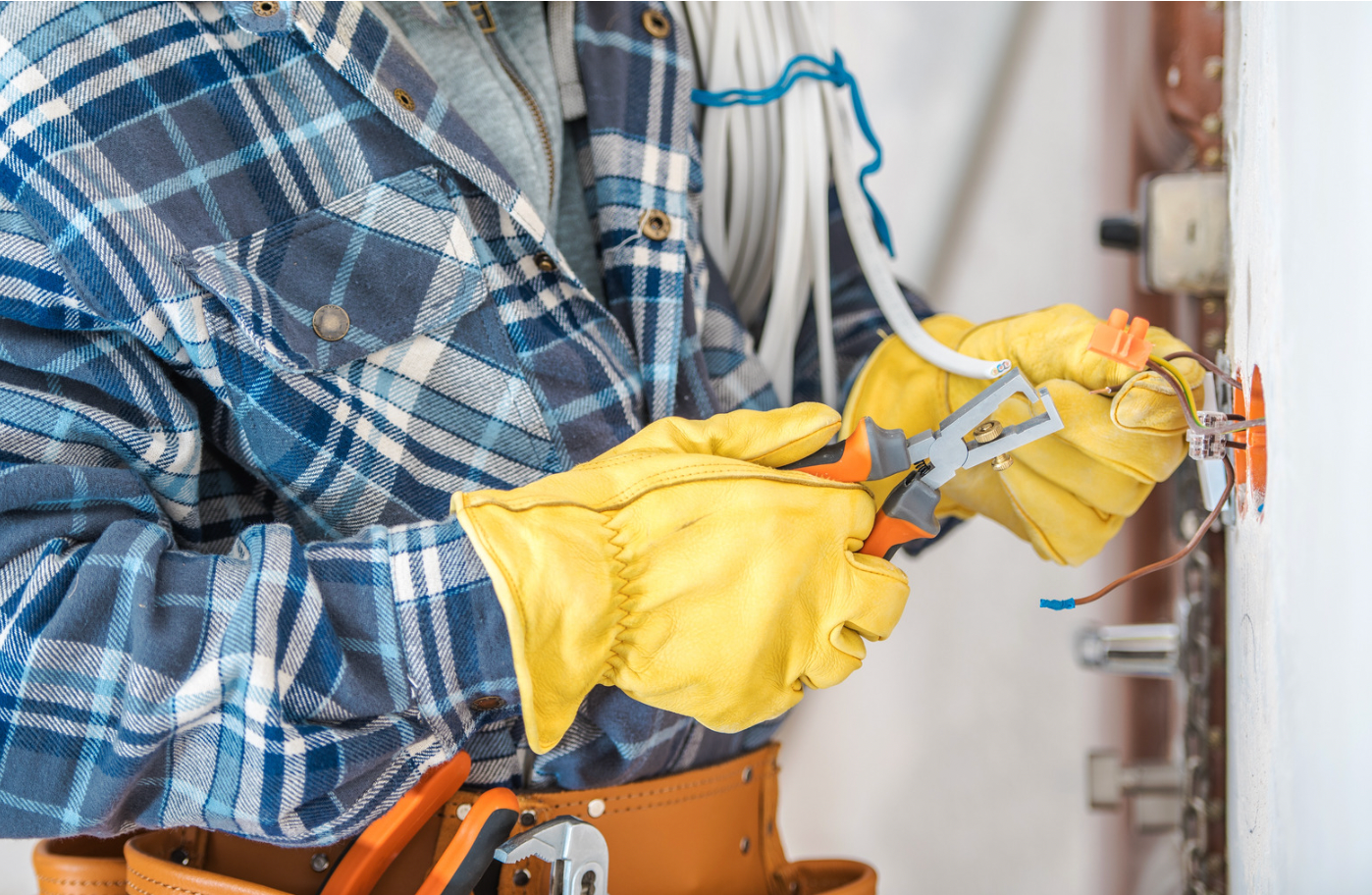
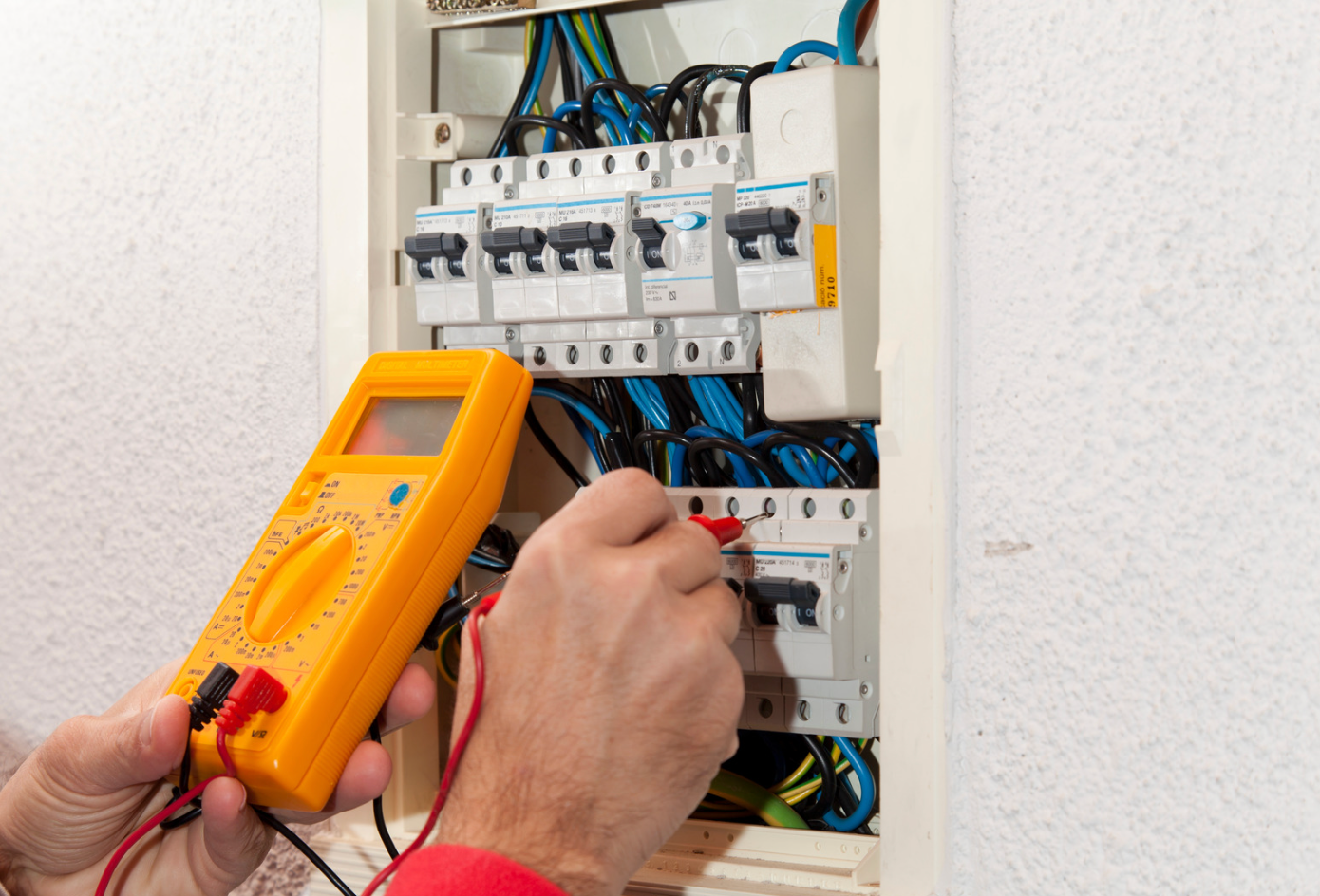
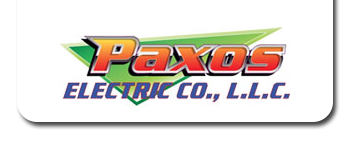
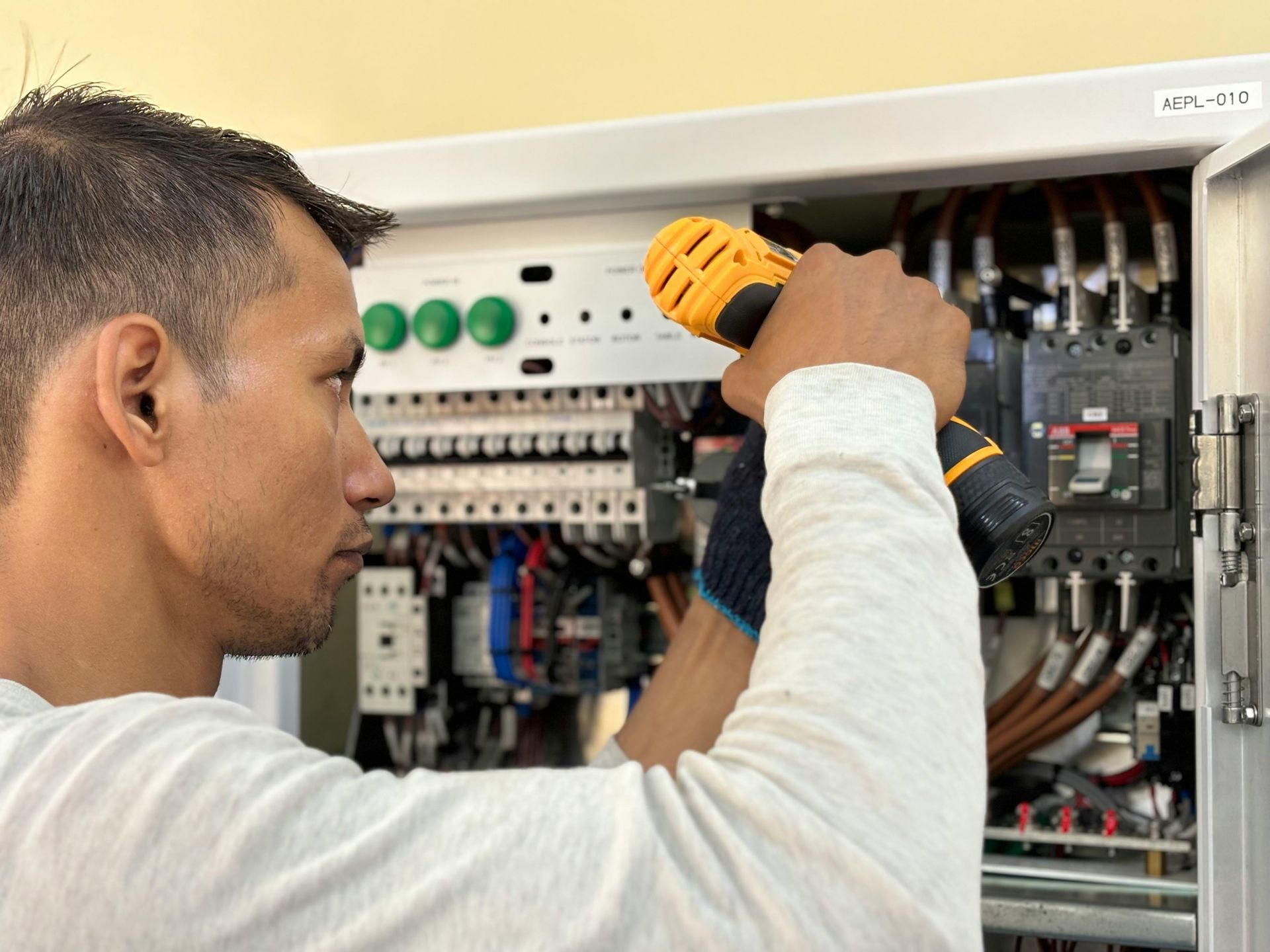

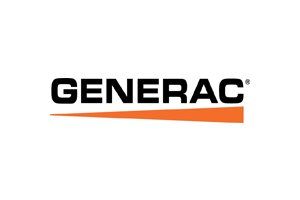




Share On: